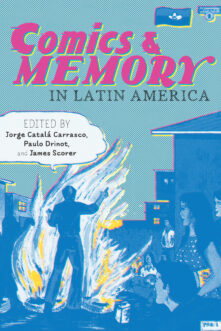Books
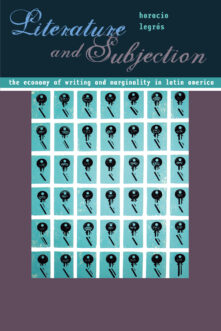
Literature and Subjection
The Economy of Writing and Marginality in Latin America
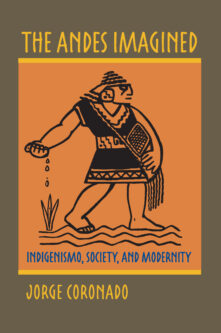
The Andes Imagined
Indigenismo, Society, and Modernity
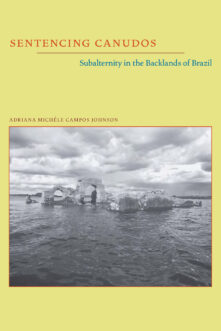
Sentencing Canudos
Subalternity in the Backlands of Brazil
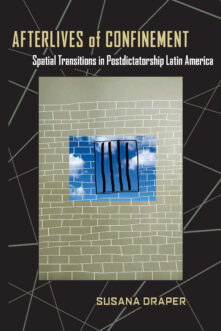
Afterlives of Confinement
Spatial Transitions in Postdictatorship Latin America
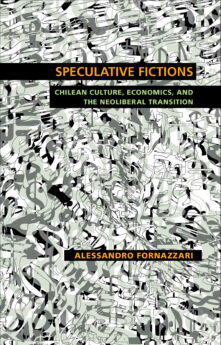
Speculative Fictions
Chilean Culture, Economics, and the Neoliberal Transition
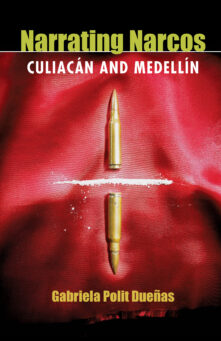
Narrating Narcos
Culiacán and Medellín
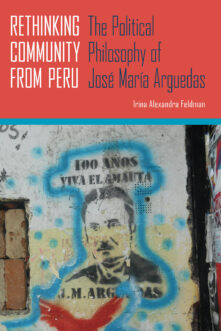
Rethinking Community from Peru
The Political Philosophy of José María Arguedas
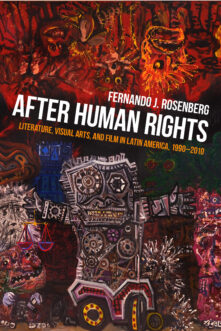
After Human Rights
Literature, Visual Arts, and Film in Latin America, 1990-2010
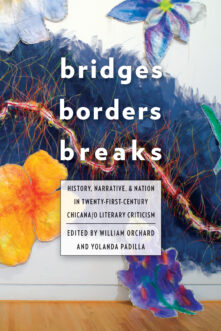
Bridges, Borders, and Breaks
History, Narrative, and Nation in Twenty-First-Century Chicana/o Literary Criticism
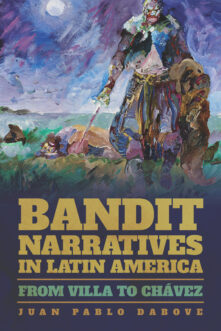
Bandit Narratives in Latin America
From Villa to Chávez
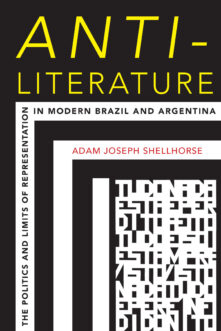
Anti-Literature
The Politics and Limits of Representation in Modern Brazil and Argentina
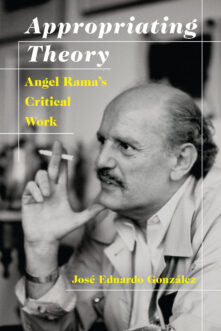
Appropriating Theory
Angel Rama's Critical Work
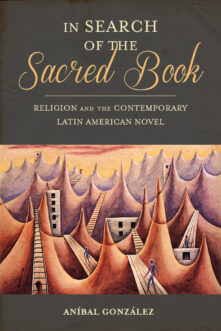
In Search of the Sacred Book
Religion and the Contemporary Latin American Novel
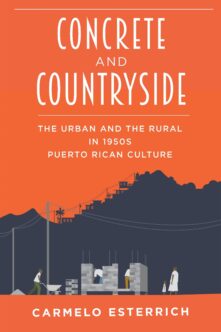
Concrete and Countryside
The Urban and the Rural in 1950s Puerto Rican Culture
Total 47 results found.


